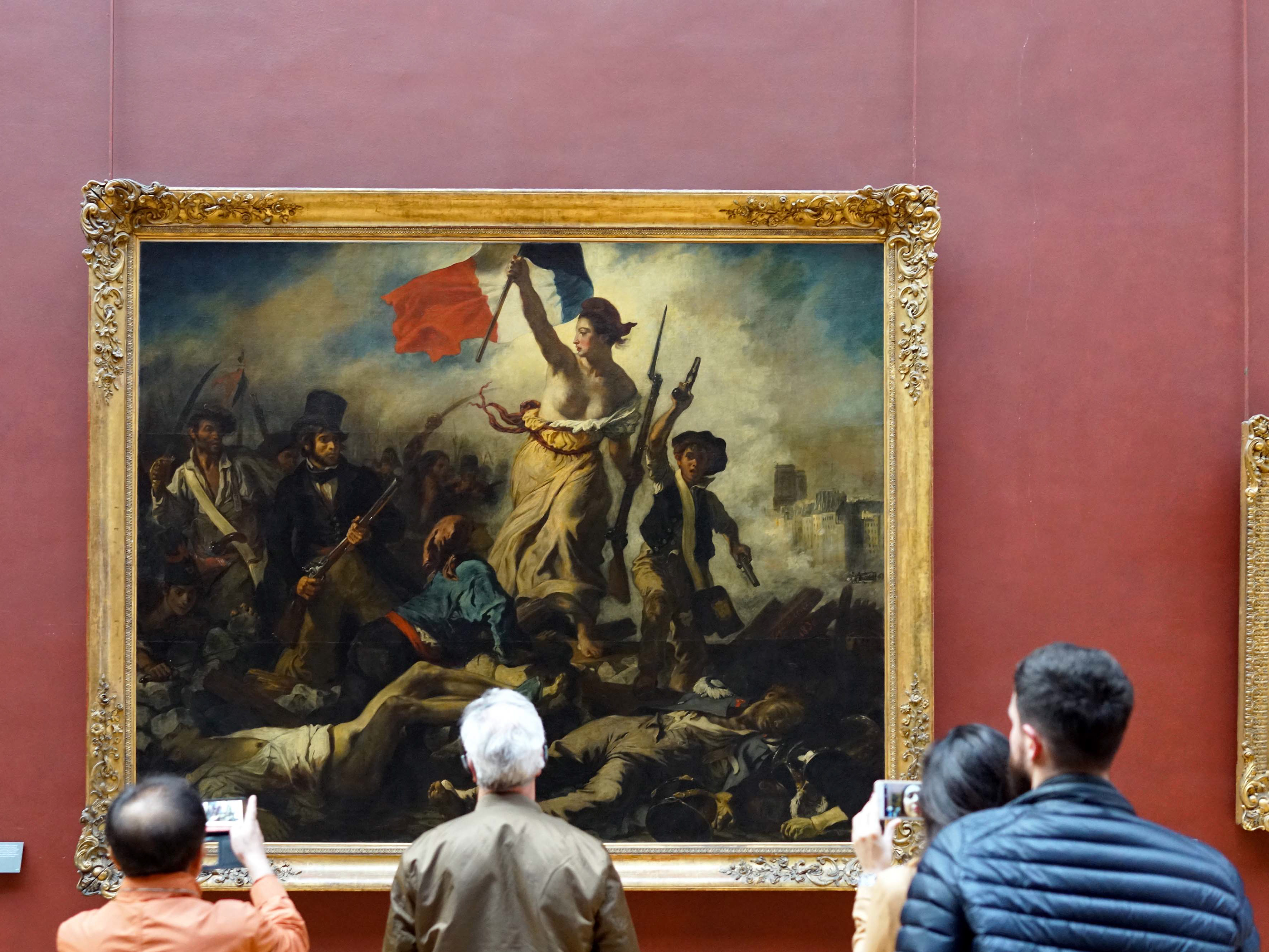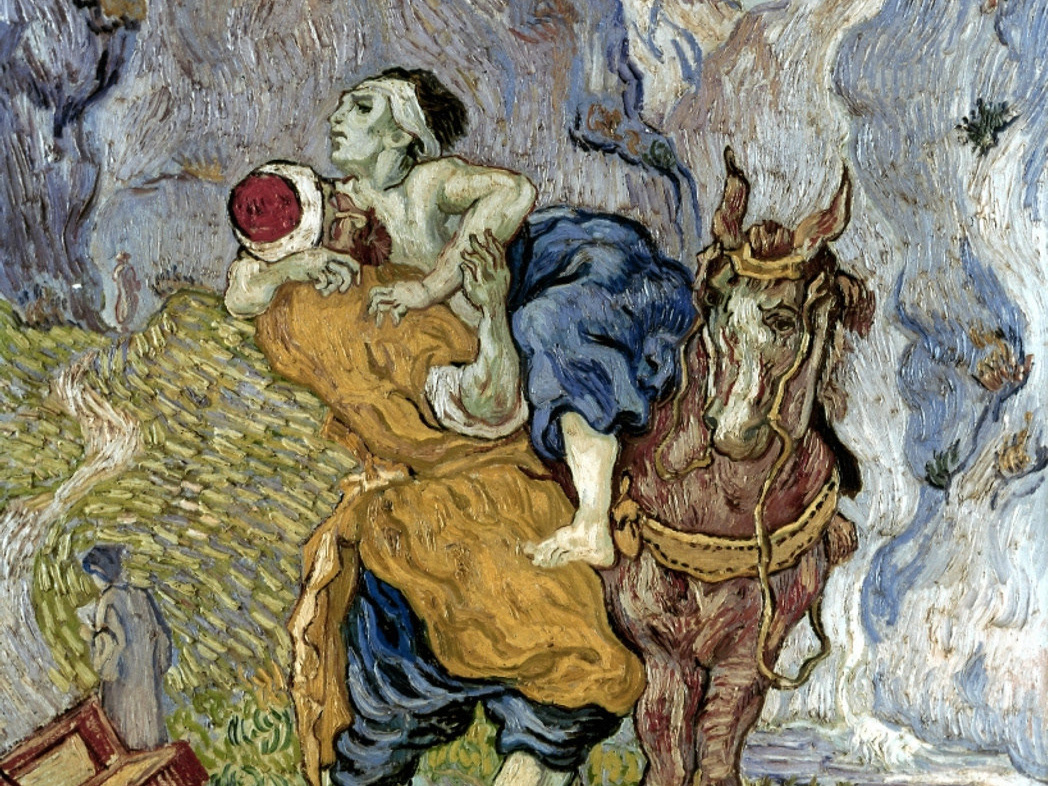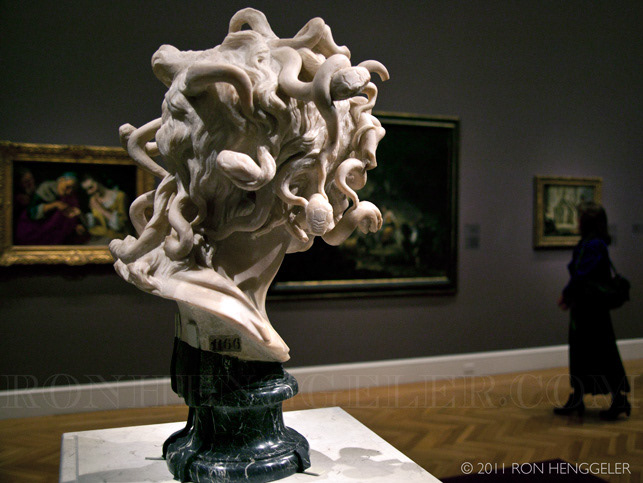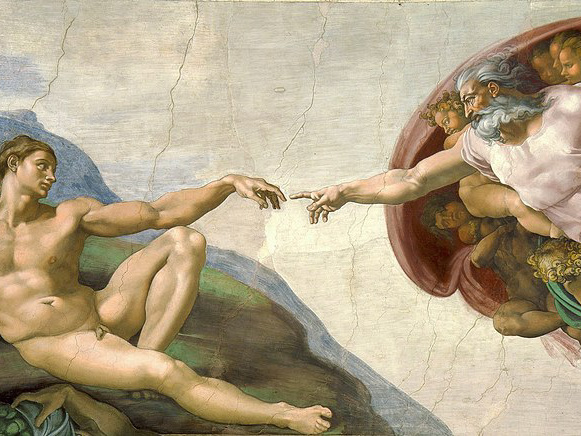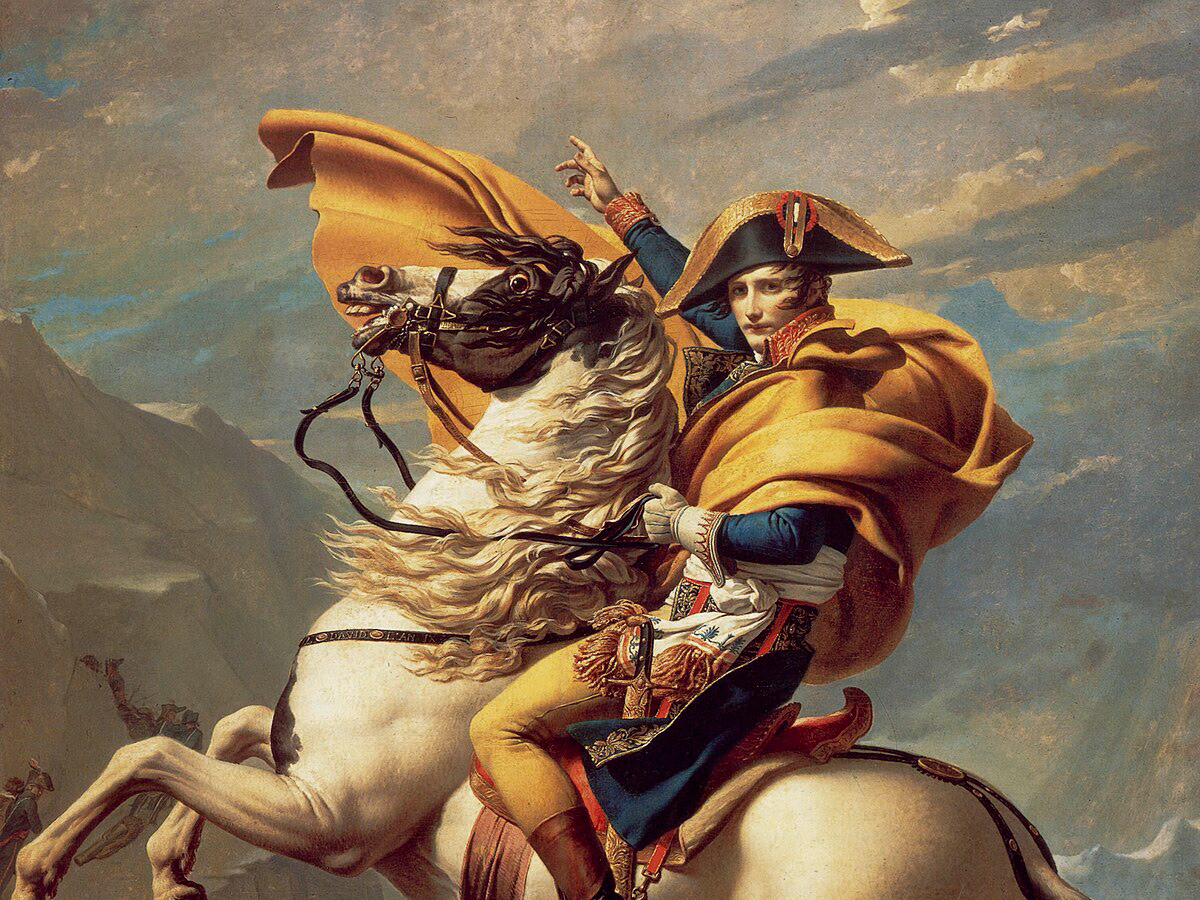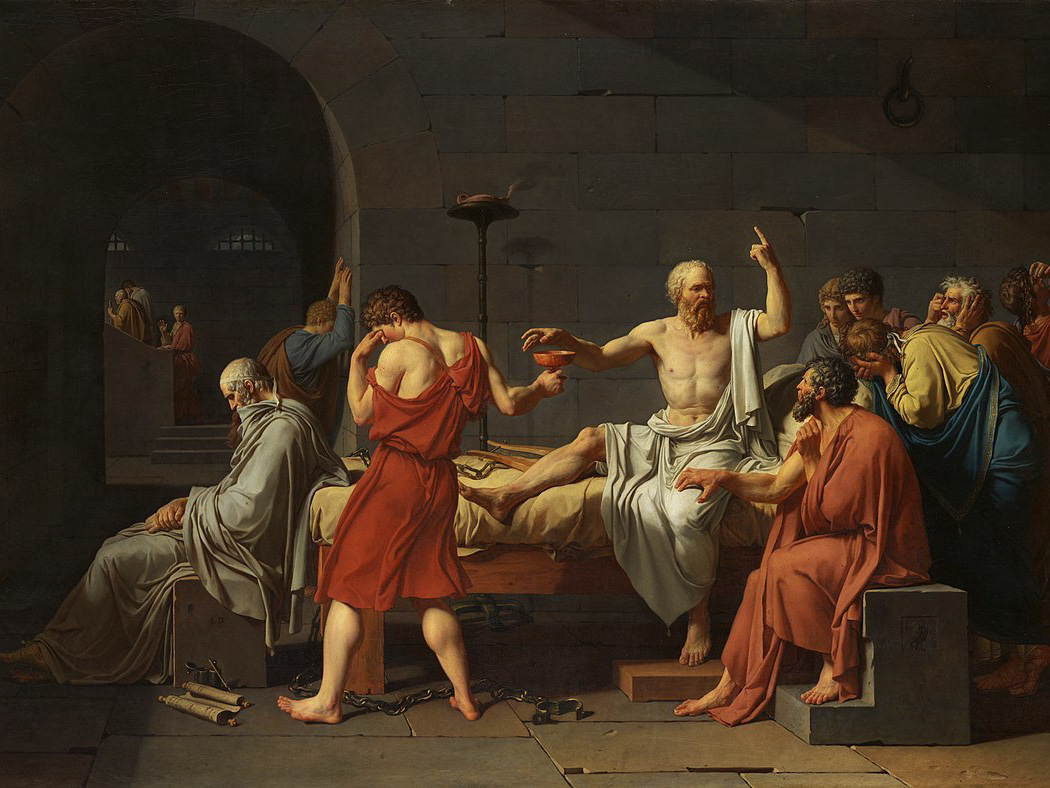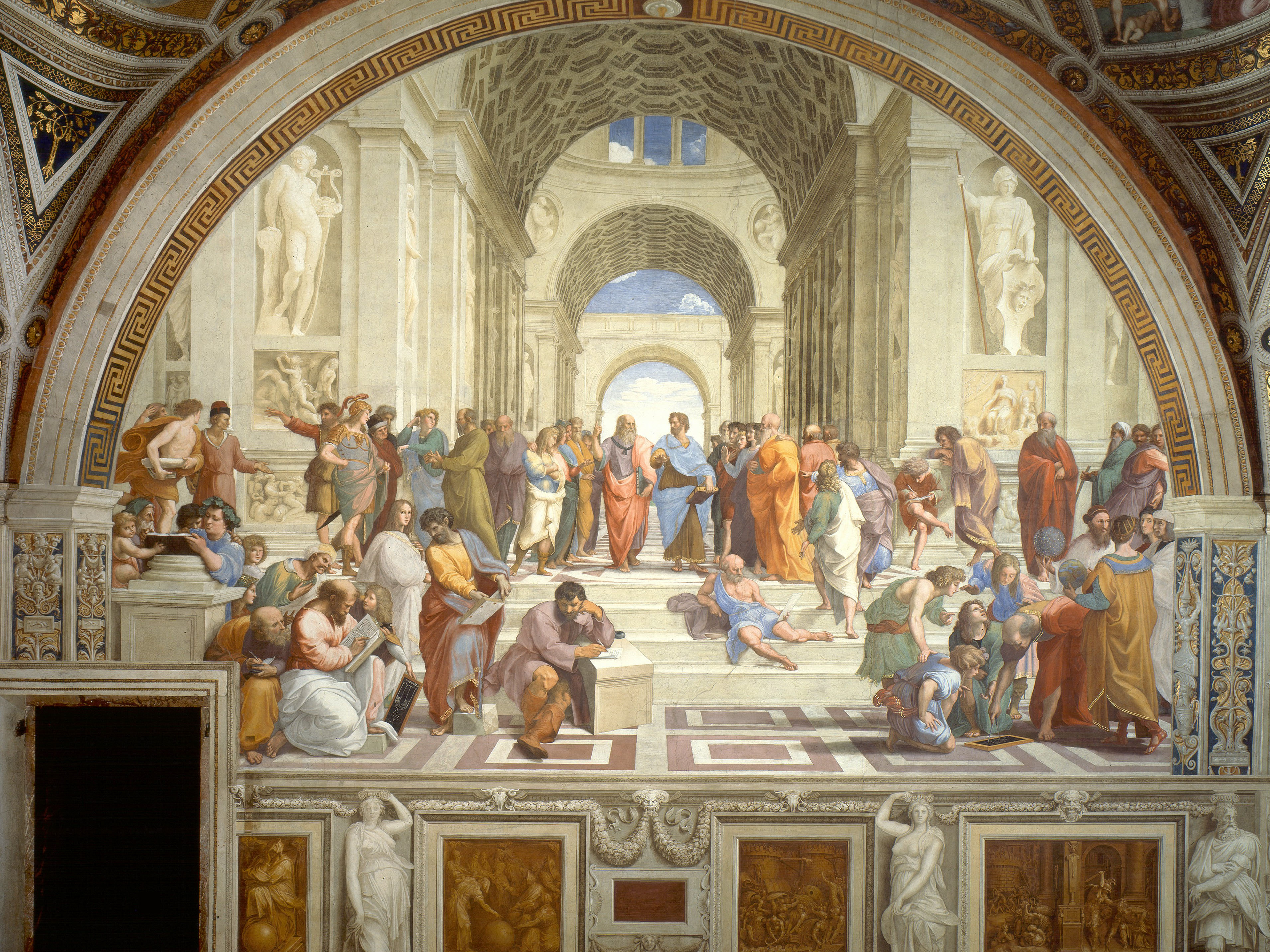It seems that whenever I am driven to speak, I return to one matter—love. I say it often and loudly: I love to love, and to be given in love. Not for the romantic or poetic brilliance of the phrase, but because love is essential to our faith and walk with God. Love is the animating force of faith. Scripture is saturated with this truth, and if a professing Christian does not display a life full of love, I cannot help but raise an eyebrow.
Given the chaos in the nation over the last week and the unrest - people’s unease in America and globally over the last year concerning the regimes in world power - justified or unjustified - as I perambulate the University of Arizona campus praying or talking to God or both. I cannot shake the prayer for a greater capacity to love. I have prayed it so often it almost sounds rehearsed.
The state of the American church as a whole (regardless of denomination) is quite sad, more divided than ever not just in regard to theology or interpretation of scripture but culturally. The church does not - at all - reflect the change we want to see in the world. We are of two different minds, all claiming the same spirit.
We could argue endlessly about what is biblical in politics. One could cherry-pick verses to defend nearly any system. But none of it matters if we lose sight of the cross—the meaning, weight, and significance of the greatest act of love.
When leaving his disciples Christ said - “By this everyone will know that you are my disciples, if you love one another”. The words of Christ there is a clarion call that cuts through the noise of cultural, political, and theological divides. Galatians 5:22-23 lists love as the first fruit of the Spirit, yet too often, Christians are known more for their political stances or cultural battles than for their love. This is a far cry from Jesus’ vision in John 17:21, where He prays for believers to be one, “so that the world may believe” in Him.
The marker of a Christian is not piety, zeal, or strict obedience to the law. - not to say we should not do any of these, but none of them matter when the cross is not at the center, when God is not at the center of it all. There is a song that has that lyric: God at the center of it all. Instead, many Christians have centered national identity, political ideologies, or cultural preferences, which leads to what James 4:1-2 describes as conflicts arising from “desires that battle within you.” The church’s role is not to mirror the world’s divisions but to model reconciliation and love, as 2 Corinthians 5:18-19 calls us to be ministers of reconciliation.
As much as we cherish the imagery of a King or Father, we must not forget that all His power is expressed through love—merciful, patient, forgiving, self-emptying love. So too, we must measure our actions byLove - His love, not the self-indulgent imitations we have crafted.
American Christians must decenter themselves—their nation, their politics, their pride. We must center Christ, and act from His love. Only then will we see the transformation Paul speaks of, where we are remade to look like Him. To be Christian is to be Christlike, and Christ lived a life overflowing with love for people—meeting both their spiritual and physical needs. This is the life the church must embody. What we need most is not power, not influence, not victory, but a greater capacity for love.
